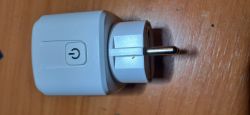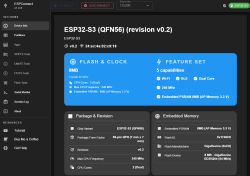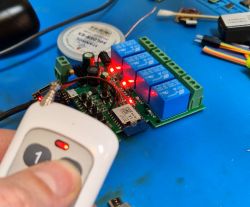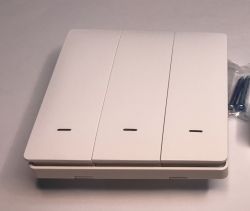xNiK0 wrote: Let's say there is a house, the family wishes the heating, lights, sound system etc. to be controlled from an app, relety etc.
.
Well the problem is that this can be done by an electrical company after a technical school. If after a typical electrical
then they also know how to lay installations and not just program such basic controls.
The bottom line is that by the time you graduate they will already have had 4 years of practice.
You write that you program simple PLCs. In my opinion, this is the right direction.
Also, in line with the course of study you want to take.
So if you are attracted to automation, then develop in that direction.
Put some money aside, buy a disassembled S7, FX3 or something similar. Add some cables, download some software and play around with it.
and play around with it, setting yourself increasingly challenging tasks. There are plenty of smart people on the internet who will help you.
Once you've specialised and finished your studies, don't go into business for yourself right away.
Probably what you achieve in the PLC family will give you the freedom to choose an employer offering a decent salary.
After a few years, you'll decide if you're going further on your own or maybe further with someone.
A few years ago when my son was graduating he also had a similar dilemma. He joined a large multinational and today
he earns twice as much as I do and has twice as much time for himself - even though I've been running the company for over 30 years.






